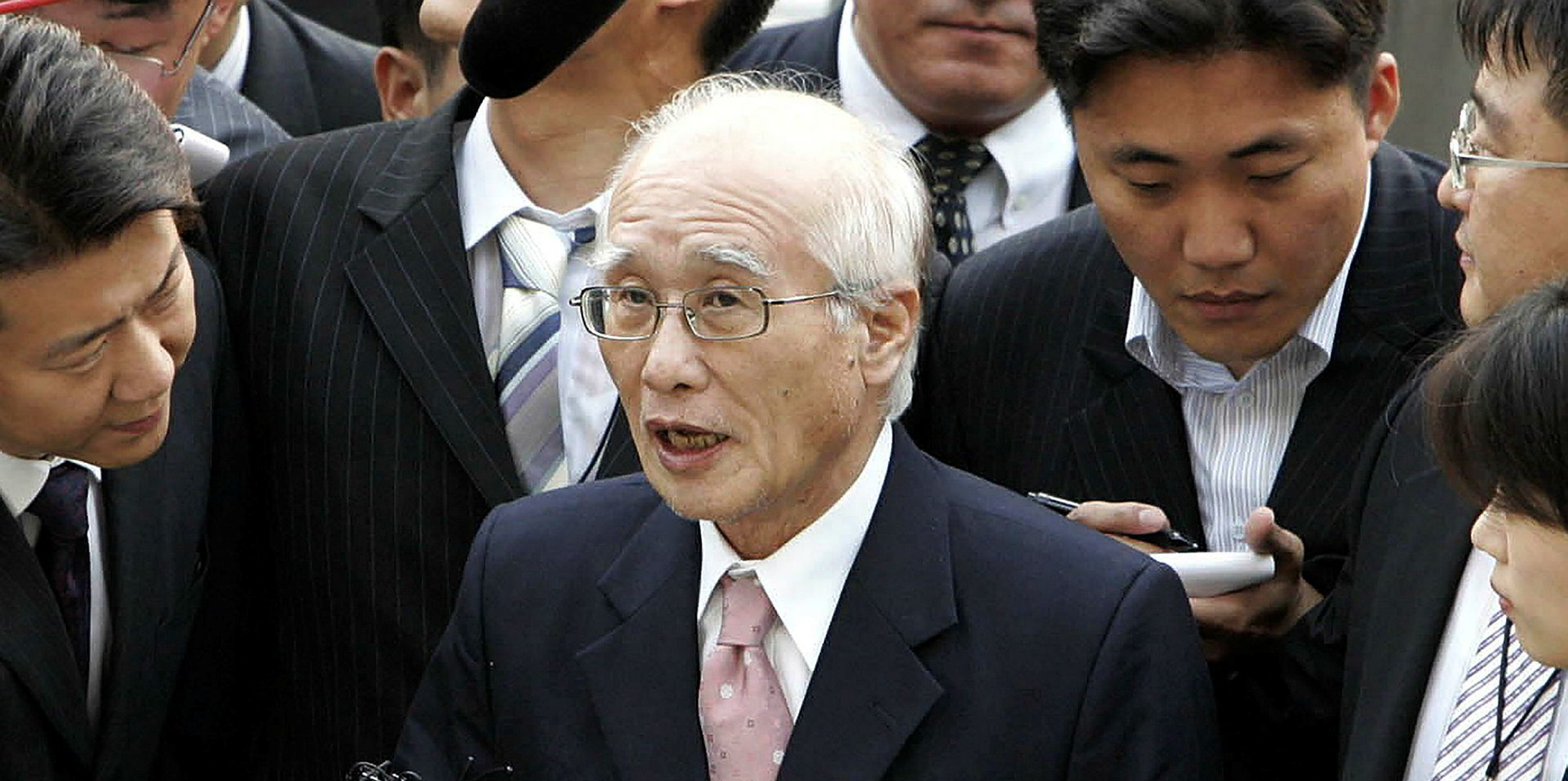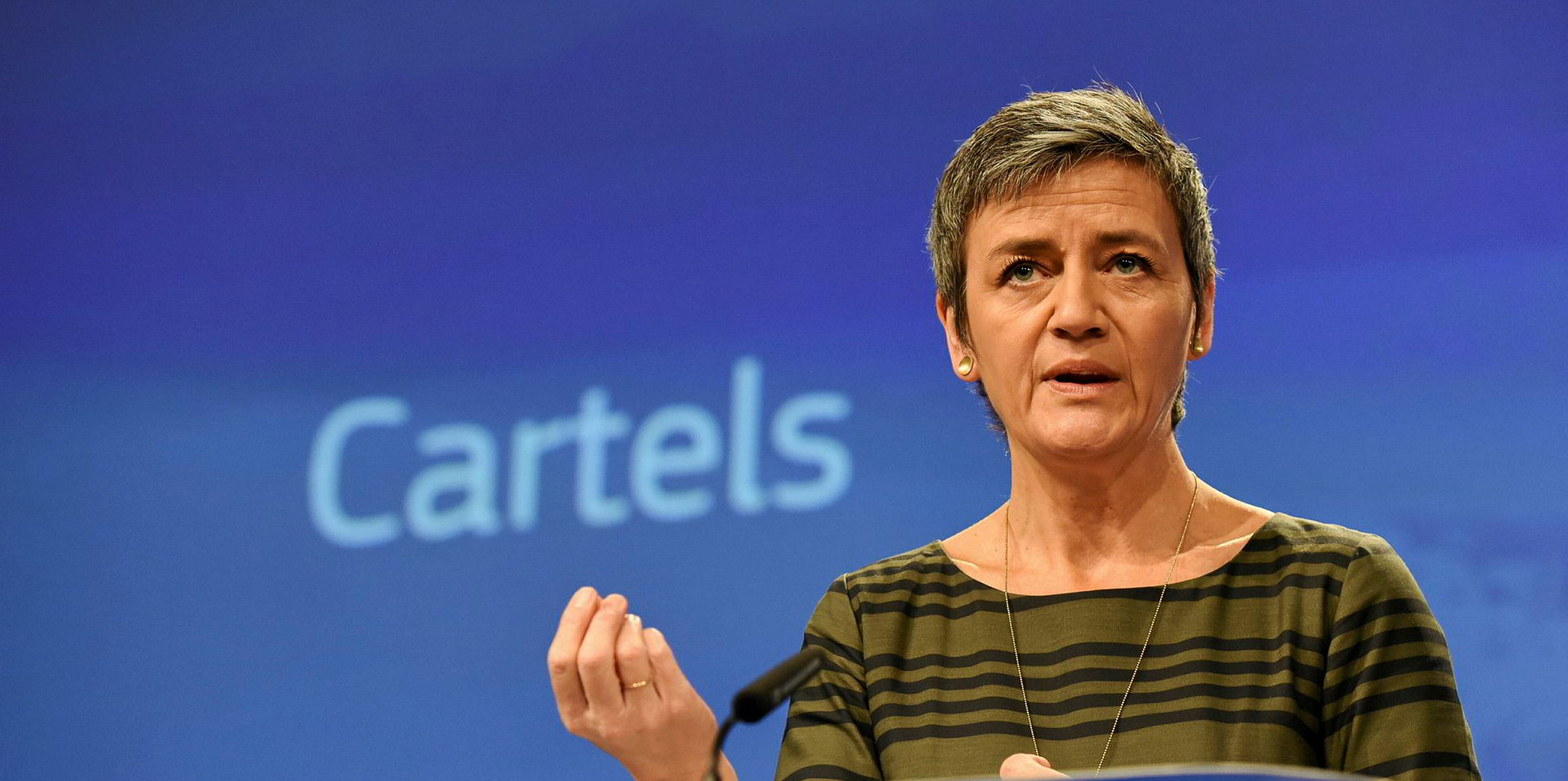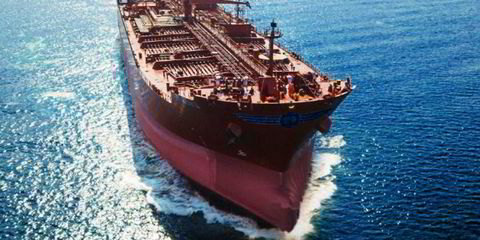The founder of collapsed Daewoo Group, Kim Woo-choong, has died at the age of 83.
The businessman built the conglomerate into an industrial giant into the 1990s, but it was crushed by $75bn of debt and became one of South Korea's biggest corporate failures.
Kim died on Monday after suffering chronic illness.
Daewoo was once the country's second-largest company, but its failure eventually led to a jail term for Kim and the nationalisation of shipbuilder DSME, its biggest asset, leading to subsequent multi-billion state bail-outs. The yard is now being acquired by rival Hyundai Heavy Industries.
Kim began as a fabric salesman who invested about $5,000 in a textiles company to start Daewoo in 1967.
He ended up fleeing South Korea in 1999 as taxpayers picked up the bill for its unravelling.
Disgrace and pardon
In 2005, he returned and was arrested and sentenced to 10 years in jail for embezzlement and fraud for covering up the debt.
In 2007, an appeals court cut 18 months off the term, saying Kim had done South Korea a service by forming Daewoo.
He also received a presidential pardon in that year.
And he was fondly remembered by many in South Korea.
“We have never forgotten his expansive vision that if we get out of this small land, there is hope in the world,” Huh Chang-soo, chairman of conglomerate GS Group, told Reuters.
Daewoo's huge investments and a focus on growth over profit contributed to the Asian financial crisis in the 1990s, according to Park Sang-in, a specialist in corporate governance at Seoul National University.
Reuters cited him as saying: “The late Kim epitomises the good and bad sides of South Korean chaebols [conglomerates]."





